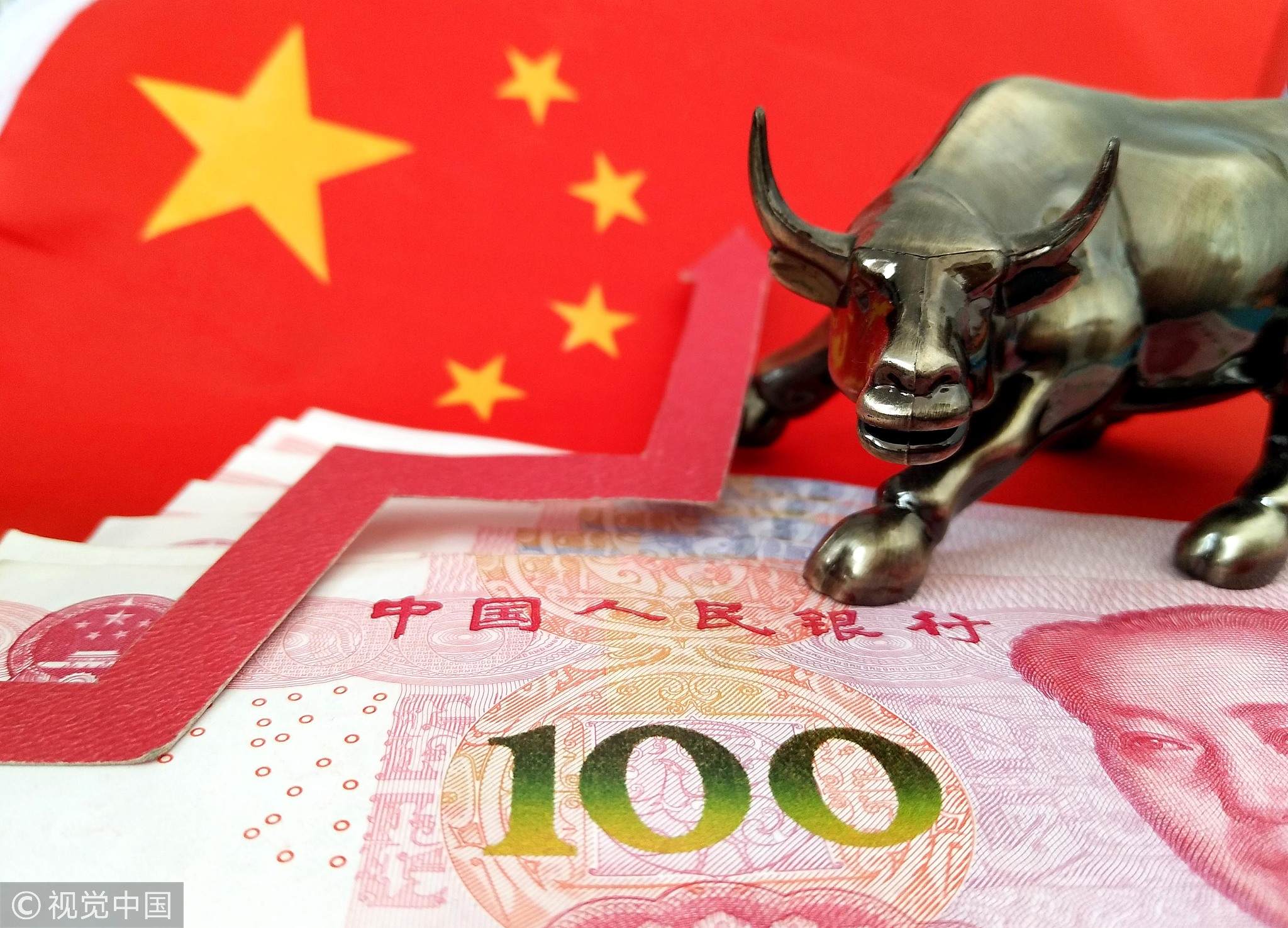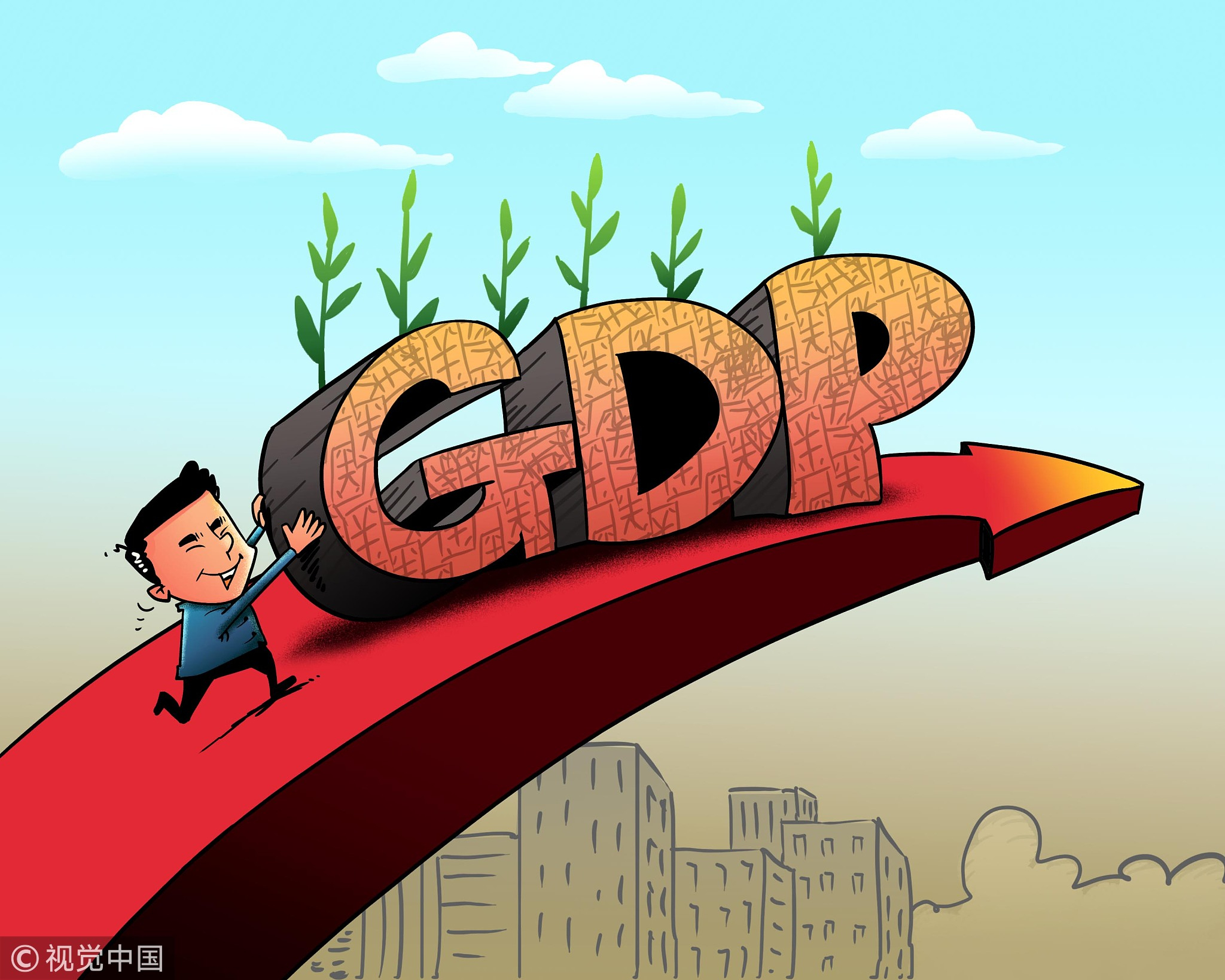
Opinions
09:36, 05-Aug-2018
Opinion: China has the staying power to withstand US economic pressure
Updated
08:51, 08-Aug-2018
Hou Ruoshi

Editor’s note: Hou Ruoshi was an executive member of the Council of the WTO Rules Research Institute at China Law Society, and also a former research fellow of the Institute of International Studies of Tsinghua University. The article reflects the author's opinions, and not necessarily the views of CGTN.
Trump is escalating the trade war with China. He seeks to increase the proposed additional tariffs on 200 billion US dollars’ worth of Chinese products from 10 percent to 25 percent after the first round of protectionist measures. He has announced technology sanctions and restrictions on a number of Chinese companies and even imposed a ban on high-tech exports to these companies.
International economic relations are nothing more than the exchange of goods and services in the market, and Sino-US economic relations are no exception.
Trump’s trade war with China is all about reducing and, if possible, preventing Chinese goods and services from trading in Chinese and US markets. Will it frighten us Chinese into submission if Trump refuses to buy our products and services or sell us high and new technologies?
In 2008, when you Americans caused a financial crisis, China’s exports had a double-digit negative growth. Did that bring down the Chinese economy? No. Domestic investments and consumption helped China ride out the storm.

VCG Photo.
VCG Photo.
To go back further, not long after the 1950s, you, together with some other Western countries, imposed a trade embargo on us to comprehensively and strictly prevent us from developing our foreign trade. Did we give in? No. China managed to become a nuclear power against all odds.
The Chinese people never yield to intimidation. In the face of US economic pressure, our strength lies in the fact that there are nearly 1.4 billion people in China. A large population is a valuable asset both in wealth creation and in consumption.
China has become the second largest consumer market in the world. Trump wants to prevent the export of Chinese products to the US. Well and good! We won’t sell them to you. We buy them ourselves. This is our staying power.
Our staying power may turn pressure into a driving force. Since the 2008 global financial crisis, the Chinese government has been working to boost domestic demand, including by stimulating domestic consumption.
Trump’s economic pressure on China has given us an incentive to spend more. Whether we can unleash the momentum depends on the potential for development.
We recognize that China’s consumption level is still low and its share of GDP is still below the world average. But doesn’t that point to the huge potential of China’s private consumption?

VCG Photo.
VCG Photo.
From the perspective of demand, GDP consists of consumption, investments, and exports. We assume that with Trump’s economic pressure on China, export growth will slow down and consumption and investment will rise as a share of GDP; otherwise, GDP growth will decelerate.
Under such conditions, increasing consumption is undoubtedly a good way to maintain economic growth.
China is in a period of economic transformation. Consumption as the main driving force of economic growth is an inevitable requirement of transformation. Trump’s pressure is forcing us to leverage consumption to transform our economy.
Of course, there’s no pie in the sky. To facilitate economic transformation and transform consumption potential into purchasing power, effective measures are still needed to stimulate consumption. To this end, the Chinese government and people still have to make strenuous efforts to do the following:

VCG Photo.
VCG Photo.
First, increase people’s income, by all means, especially the income of the middle- and low-income strata.
Second, deepen market reforms. To give full play to the role of market mechanisms, it is imperative to implement the principle of fair trade in a down-to-earth manner and protect the interests of consumers.
Third, carry on price reforms, correct the distorted pricing structure, reduce the unreasonably high prices of commodities and reverse the trend of excessively high public service prices; establish a fair pricing mechanism, limit price monopoly with both administrative measures and market competition.
So long as effective policies are put in place, the proportion of Chinese people’s personal consumption in GDP will be able to reach the world average, and China's consumption potential will be unleashed.
In this way, the days are numbered before China elevates itself from the world's second-largest consumer market to the largest. We will also be better positioned to defend ourselves against protectionism.

SITEMAP
Copyright © 2018 CGTN. Beijing ICP prepared NO.16065310-3
Copyright © 2018 CGTN. Beijing ICP prepared NO.16065310-3